Trailside Treats: Top Veggies for Your Camping Trip and the Case for Corn
For some reason, deciding which vegetables to bring seems as much a part of the adventure as the trip itself. When families go on a camping trip, vegetables are among the food staples they buy to get ready. Why? Because the best vegetables to pack for a camping trip are nutritious, easy to prepare and versatile – all traits you want on a trip, in the kitchen, or both. Corn is one such vegetable. Besides being delicious, it is simple to prepare in many different ways. Here’s a round up of some great veggies to make and take camping, then see why corn deserves special mention.
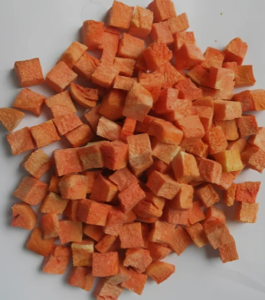 Essential Vegetables for Camping
Essential Vegetables for Camping
Carrots
Carrots are healthy and hardy, keeping well for the duration of a trip without the aid of refrigeration. You can eat them raw for a handy crunchy snack, grate them into a salad or cook them in a stew. They’re also an excellent source of vitamins that bolster your health and immune system when malnourished.
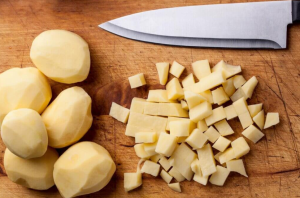
Potatoes
Almost every camping trip will include potatoes. They are filling, contain carbs for energy, and can be boiled, fried or cooked in the open fire. Potatoes with other ingredients can be a tasty wilderness meal.
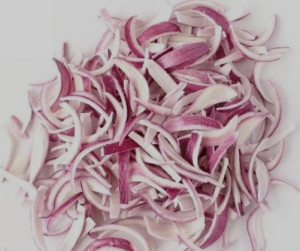
Onions
There’s virtually any campfire dish that won’t be improved by the presence of onions. Sealed in their crisp, neat husks, they’re excellent campfaring food: lightweight and easy to pack. They go in everything from burgers to casseroles, and they’re as long lasting as they are versatile, a benefit for those who plan to be in the woods for more than a day.
Bell Peppers
Colourful and rich in vitamins A and C, bell peppers are a delicious addition to a raw platter eaten just as is, or grilled, as well as in cooked dishes, such as omelettes and kabobs.
Why Corn is a Top Pick for Camping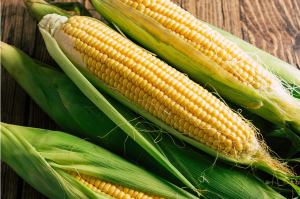
Easy to Cook
One of the best things about cooking with corn is how easy the stuff is to eat in the field. You can boil it, grill it, or roast it in coals. You can even cook it in its husk, which lets off all kinds of smokiness that goes straight into the kernels themselves; this method kills two birds with one stone, since it doesn’t require any pots or pans.
High Energy Content
(119 words) Corn is also rich in carbohydrates, which are a major source of energy for hiking and other physical activities engaged in during camping. It gives fibre, which is also essential for a healthy body. In addition, corn is also a good source of magnesium, an essential mineral agents involved in the formation of bones. These nutrients replenish the energy level of people who are tired after a long day spent camping.
Portability and Preservation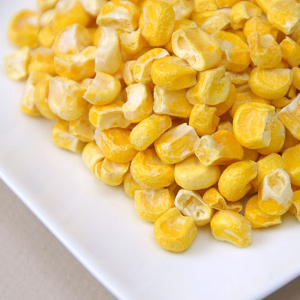
All types of corn can be carried either fresh, in the husk to maintain a day’s freshness, or canned or freeze-dried, whenever weight and freshness are an issue.
Enjoyability
It has a sweet taste, and who cannot like corn? And because it is sweet it is popular from very little, to really middle-aged, to old. So if you go on a family trip one week, it’s good to have something familiar that all can agree on. And something that is familiar and sweet can be a perfect taste of comfort in the wilderness.
Conclusion
For starters, you can taste the freshness, which you can’t with frozen produce, and secondly, you get the maximum amount of nutrients. Carrots, potatoes, onions, and bell peppers are all great camping choices; but corn stands as the superstar since it is packed with energy-generating carbohydrates and so versatile and flavourful to eat that it becomes almost a required ingredient on your camping menu!
There are no reviews yet.